Overnight Pony Treks and Hikes
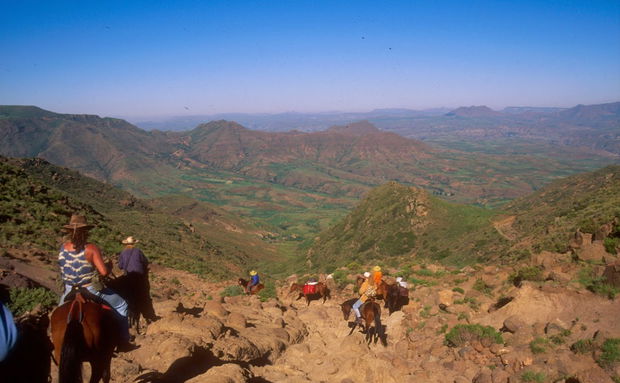
Our overnight Pony Treks and Hiking Trails are a truly unique adventure, tailored to your preferences. Lasting from one day to six days or even longer, these treks take you deep into Lesotho’s rugged beauty. Experience “The Real Africa” as you overnight in traditional Basotho villages, traverse spectacular mountain passes and witness some of the country’s highest waterfalls.
Discover Slackpacking
"Take the Mickey "out of hiking and take the weight off your shoulders—literally! Hire a packhorse to carry your luggage while you hike along the same rugged trails used for pony treks. This option lets you enjoy the journey without the burden of carrying heavy gear.
Speak to our reception team to design your custom pony trek or hike. David and the team grew up riding these trails, giving them an intimate knowledge of the land. Whether you’re a seasoned rider or a first-timer, they will help you select the best trek for your interests and abilities. Whether it’s one night or a multi-day journey, we’ll help you create an experience that’s unforgettable. Embark on a trek that offers adventure, authenticity, and awe-inspiring landscapes.
What to Expect
Overnight pony treks and hiking trails are not about luxury; they’re about connecting with the land and its people. Accommodation is in typical remote Basotho villages, offering an authentic experience but with no frills whatsoever:
- No Showers: Bathing is done in plastic basins or nearby streams.
- No Flush Toilets: Villages are equipped with long-drop toilets. Some of them are in a really poor condition.
- No Furniture: Huts have a few mattresses on the floor and limited tables or chairs
- Treks are self-catering. Bring own food, sleeping bags and hiking/blow up mattresses.
Rustic Lodging: Huts are basic, but equipped with:
- A gas cooker
- Cooking and eating utensils
- Mattresses on the floor - Also bring your own mattress.
- There is no firewood at the overnight huts
What to TAKE ON TREK
- A change of clothing
- Rain Jacket & Warm clothing
- Sunscreen & Hat
- Sleeping Bag
- Towel
- Toiletries
- Torch, Candles & Matches or Gas Light
- Water Bottle – Water Purifying Tablets (Optional)
- Food & Drinks
- First Aid Kit
Huts are equipped with gas cookers, pots & pans, cutlery, crockery, eating utensils & mattresses on the floor. A bucket of fresh water will be supplied for washing and for cooking. If you need to use cutlery and crockery during the day – away from the huts ie for example, for lunch, then you will need to bring your own utensils and crockery just for lunches, but most people tend to make sandwiches at the huts to take with them or have a finger lunch.
What to wear on trek:
Long trousers, longsleeve shirt
Riding or hiking boots, but running shoes will be fine
The use of riding helmets which are provided are essential
There are side panniers on your horse where you can pack items that you will need during the day such as a rain jacket, camera and snacks.
Suggested Food List:
Breakfast: Tea, Coffee, Sugar, Hot Chocolate, Muesli, Oatso Easy, Longlife Milk, Rusks, Apples, Oranges.
Lunch: Provita, Seed Loaf, Margarine/Butter, Processed Cheese, Carrots, Cucumber, Lettuce, Tuna Mayonnaise, Tinned Ham, Mussels, Chocolates.
Dinner: Cup-a-soup, Chinese Noodles, Smash, Pasta, Pasta Sauces (a-la can or packet) Rice o’mix, Indian Tomato Curry Cans, Chakalaka, Toppers, Tinned Veggies, Tinned Fruit, Ultramel Custard, Tinned Caramel & Biscuits
DRINKS: Bottled water, wines & beer are available for sale at the Lodge for "Happy Hour(s)!!!!"
Other necessary items
- White gold (Toilet Paper)
- Dish washing liquid, dish sponge/cloth and drying cloth
- Mosquito repellant and Insect spray (Doom)
- Black Bin Bags
- Bottle opener/can openee
- Swiss army knife
- Tupperware containers
- Should you have a small camping stove, bring it along just in case.
- Take CANDLES.
Notice for overnight pony trekkers & hikers who are slackpacking
Be ready to leave from the lodge at the front of the reception at about 9.00am. Meet with your bags at the front of the Tack Room. This is where the treks start and the guides and horses will be waiting for you. It will take time for the bags to be loaded onto the pack-horses.
Before leaving on trek, pack all your extra belongings in your car and drive it to the reception area, where they will be stored in a safe place. Any valuables can be handed in at reception for safe keeping. Any meat that requires freezing can also be left in the fridges.
We regret the fact that not all our Guides have a wonderful knowledge of English. We use the English speaking guides whenever possible.
How to pack the pannier bags
Try to balance the weights of your pannier bags to a reasonable degree. Wrap sleeping bags and clothing in plastic bags. If you don't have enough plastic bags, you can buy them at the bar for R10. If there isn't enough room in the pannier bags for sleeping bags, they will be tied on top of the pack horse in separate bags.
The weight limit per pannier bag is 25kg (50kg per packhorse, usually 4 persons to 1 packhorse). In the case of extra weight, an extra packhorse & guide, will have to be hire at an extra cost. The weight limit per rider is 90 - 100kg. Pony Trekkers: It is not advisable to carry heavy backpacks on the horses as it can lead to injuries . Should you run out of space in the panniers, inquire about hiring an extra packhorse.
DO's & DON"TS
DO NOT give sweets to the kids. If you must give them anything, rather give fruit. Let the kids earn the handouts by rewarding them for doing things like taking a photograph, singing or carrying something for you. Use the kids as guides on hikes. Get the kids to pick up rubbish and reward them. Make them aware of pollution.
DO ask permission before taking photograph of the Basotho people you meet along the routeYou are under no obligation to feed your guides. It is your choice. They know to take their own food and water.
DO NOT DRINK THE RIVER & STREAM WATER if you have a sensitive stomach, use water purification tablets, although we do seldom have any problems when using correct spring water. Each person should take at least 2 litres of water from the lodge for the first day. At the outstation you will be supplied with spring water. If you do top up along the way, be sure to collect only spring water from a spring higher than a village.
DO ENSURE YOU BRING BACK ALL RUBBISH FROM THE VILLAGE HUTS FOR IT TO BE DISPOSED OF PROPERLY AT MALEALEA, AS THE VILLAGE HUTS DO NOT HAVE RUBBISH DUMPS
TIPS: You are welcome to tip your guides, but payments for the trek should be made at reception on the day you depart from Malealea Lodge
Safety
Treks & Hikes are taken at your own risk. Please sign an indemnity forms before setting off on trek. Leave the name and number of your medical insurance at reception in case an emergency evacuation is required. Always wear a riding helmet on the pony trek. There are no back-up services with a vehicle to collect you should you falloff your horse or have a fall whilst hiking, you will have to return to the lodge by horseback.
Gallery
Routes
Malealea, Ribaneng (2 Days, 1 Night)
Arrive at Malealea in the afternoon. After unpacking and settling in, the afternoon is spent at leisure. (List of optional activities attached).
Saddle bags will be sent to the rooms for packing. Pack all gear in black plastic bags or soft kitbags - don't use suitcases as they are uncomfortable for the horses and may get damaged.
At 5:30 - 6:30pm, the local band using homemade instruments and a local children's choir will entertain the guests. (There is no charge for this - only a small donation).
Dinner from 7 - 8:30pm at Malealea Lodge.
Malealea - Ribaneng - Malealea (2 days)
Basotho Guides accompany all pony treks and a pack horse is included in the price for the overnight treks.
The weight limit per pannier bag is 25 kg (50 kg per pack horse, usually 3 people to 1 packhorse if fully catered). In the case of excess weight, an extra pack horse will have to be hired by the group at an extra cost. The weight limit per rider is 90-100kgs. The carrying of heavy backpacks (about 10 kg) is NOT advisable and can lead to injuries. There are side panniers on the riding horses to put small items that you need to access during the day, such as water bottles, sunscreen, rain jacket and camera and packed lunches.
Day 1
The first day of the pony trek is about 7 hours (21kms). There is a café selling cold and drinks at Ha Lebona about halfway. When you get to the overnight huts, you can leave your gear in the hut and you have the option of going on a guided walk to the bottom of the Ribaneng waterfall. The duration of the hike is about 3 hours return.
Buckets of pure spring water will be brought to the huts.
Accommodation is very rustic in a typical remote Basotho Village. Please remember that these treks are rough and tough, no frills whatsoever, ie. No showers, you bathe in the plastic basins and streams, No Flush Toilets, only Long Drop Toilets, No Chairs, very few tables. You sleep on mattresses on the floor. (Please see Pony Trek Info)
Overnight at Ribaneng Village
Day 2
After a breakfast you start the return journey back to Malealea via a circular route. Fill up your water containers from the buckets of spring water provided.
Today takes you 6 – 7 hours of pony trekking traversing along flat terrain for half of the way and then a climb up to Ha Lebone where you can buy cold drinks. From here you follow the same route back to Malealea in reverse. The views are spectacular from this direction. Stop for a snack lunch once you’ve crossed the Makhaleng river. Arrive at Malealea at about 2pm.
You can spend the afternoon at leisure and do a village walk, visit the craft shop and there is still time to see the Sangoma at about 4.30pm for those who are interested. The band and choir will perform once again from 5.30pm. Here is your opportunity to get involved and join in with dancing to music from the local band. Dinner is served from 7 - 8.30 pm
Overnight back at Malealea Lodge
Malealea, Ribaneng, Ketane, Sekoting (4 Days 3 Nights)
This is one of our most rewarding treks, taking you deep into Lesotho’s remote mountain villages and offering unforgettable views of two spectacular waterfalls.
🌄
Trek Highlights:
Ribaneng Waterfall
Ketane Waterfall
Day 1: Malealea to Ribaneng (Ha Khotso)
Ride through breathtaking mountain scenery to the remote village of Ribaneng.
🥾 Distance: 20.2 km
⛰️ Elevation Gain: 733 m
You have the option to hike to the Ribaneng Waterfall that same afternoon (approx. 3-hour return hike). Note: This hike can’t be done on Day 2 due to time constraints—so if you want to see the waterfall, today is the day!
Day 2: Ribaneng (Ha Khotso) to Ha Hlalele
This is a challenging day with a long ride (about 7 hours including stops).
🥾 Distance: 22.6 km
⛰️ Elevation Gain: 1321 m
Make time to see the top of the Ketane Waterfall—it’s worth the extra hour!
Once you arrive in Ha Hlalele (home of Chief Matias), settle in, then hire a local guide and hike down to Ketane Waterfall (2-hour return hike).
Day 3: Ha Hlalele to Sekoting
Continue your journey to the village of Sekoting.
🥾 Distance: 20 km
⛰️ Elevation Gain: 764 m
Ride through more beautiful terrain and overnight in traditional huts in this quiet rural setting.
Day 4: Sekoting to Malealea Lodge
Your final day is a long 7-hour ride back to Malealea Lodge—tired legs and full hearts guaranteed.
🥾 Distance: 24.2 km
⛰️ Elevation Gain: 799 m
Phororong Trek - Malealea to Semonkong (6 Days, 5 Nights)
Visit 3 of Lesothos highest waterfalls - Ribaneng Falls, Ketane Falls and Maletunyane falls (192m). On the 6 day trek, you will spend the night on Day 3 at Semonkong Lodge. You need to make your own booking at Semonkong and check the rates directly.
Day 1: The first day of the pony trek is about 7 hours (21kms). There is a café selling cold and drinks at Ha Lebona about halfway. When you get to the overnight huts, you can leave your gear in the hut and you have the option of going on a guided walk to the bottom of the Ribaneng waterfall. The duration of the hike is about 3 hours return.
- Overnight at Ha Khotso
Day 2: About 7 hours with stops. Insist on seeing the top of the waterfall on day two, although this will add another hour onto the duration of the trek.
- Overnight at the village of Ha Hlalele, (Chief Matias), put gear in the hit, hire a guide and hike to the Ketane Waterfall for about 2 hours.
Day 3: Semonkong Lodge (5 hrs). Arrive by 1 and then spend the afternoon exploring the falls or ask your guide to take you via The Maletsunyane falls on the way to Semonkong Lodge.
Overnight at Semonkong Lodge
Day 4: 5 hours with stops. Arrive at the village of Ha Hlalele, (Chief Matias), put gear in the hit, hire guide and hike to the Ketane Waterfall about 2 hours.
- Overnight at the village of Ha Hlalele (Same hut as Day 2)
Day 5: About 7 hours to SEKOTENG, a beautiful Village surrounded by a ring of Mountains, knows as “Sekoteng sa lifarike” which means “The trough which the pigs have dug!” Chieftainess Matelang is your host
- Overnight at Sekoteng
Day 6 is a long trek of 7 hours back to the lodge.
PLEASE NOTE: When the Makhaleng River is in flood, we have to use the bridge (see map on wall at the lodge). This lengthens the trek on Day 1 and Day 6 by about another 2 hours extra making the trek really long.
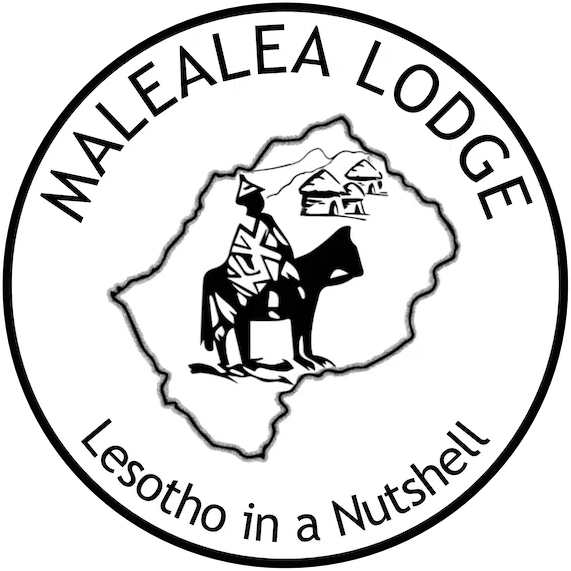
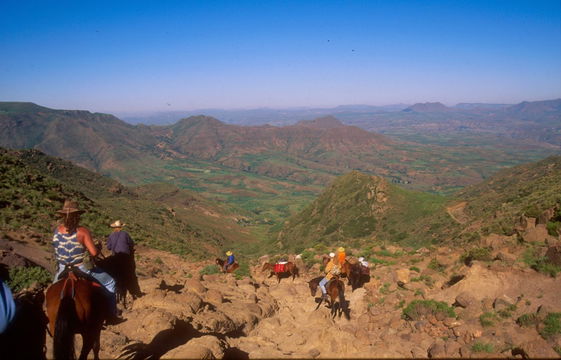
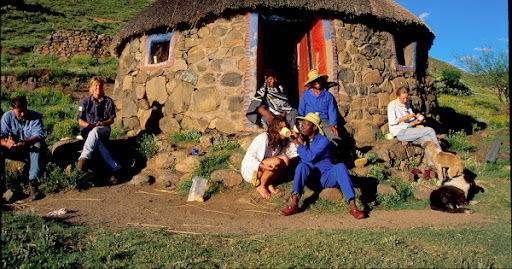
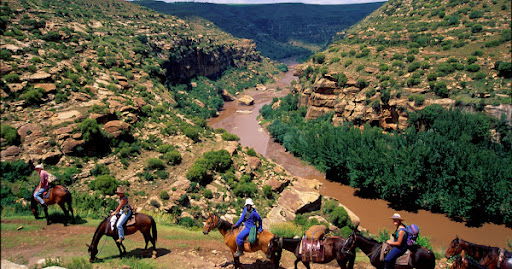
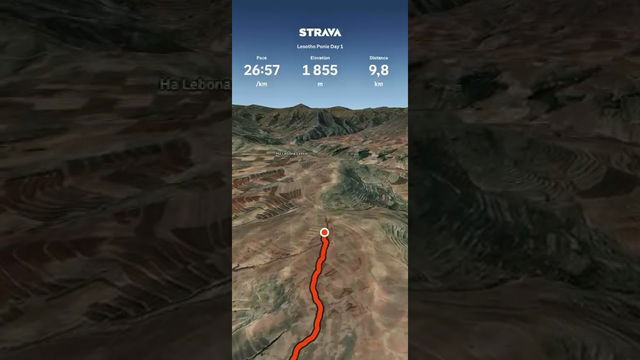
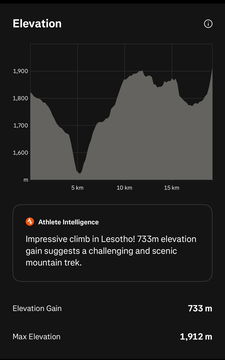

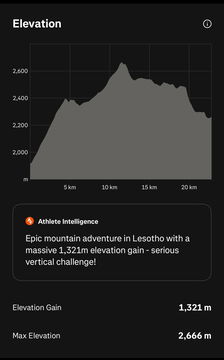
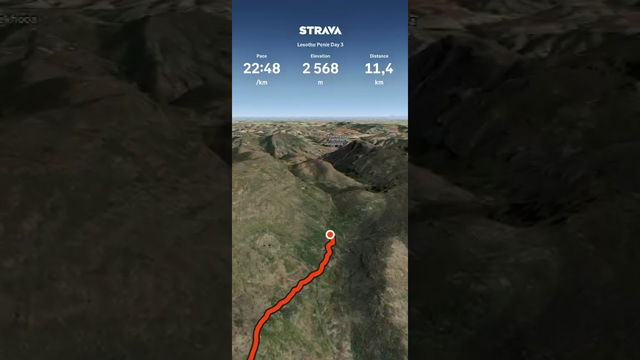
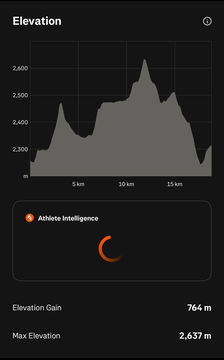
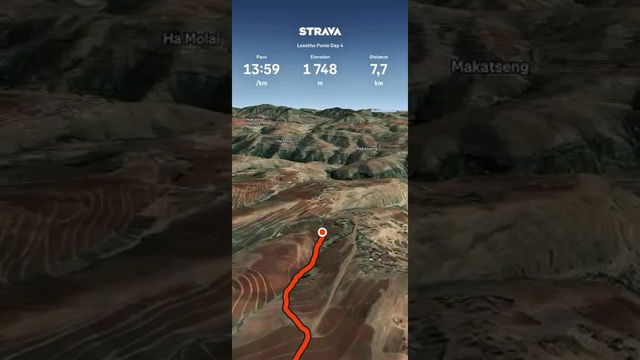

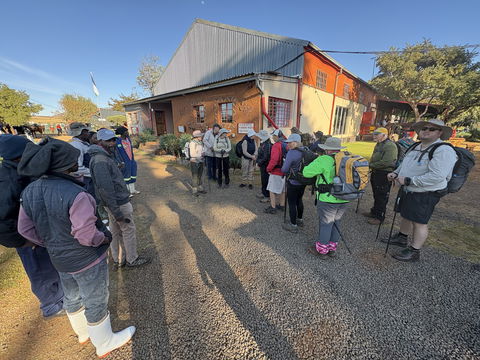
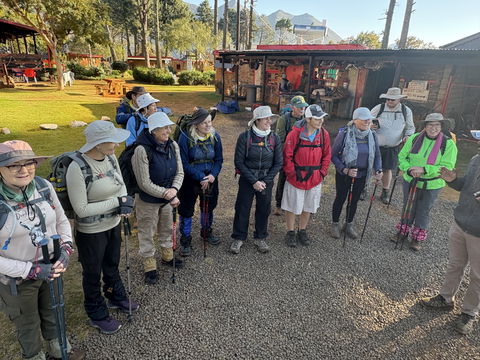
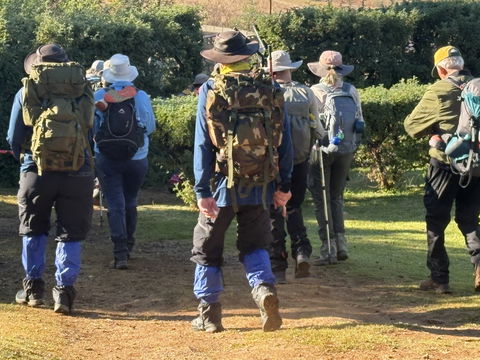
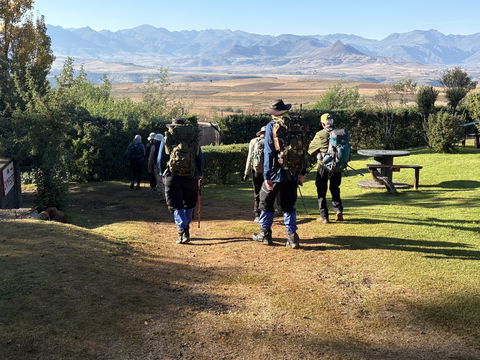
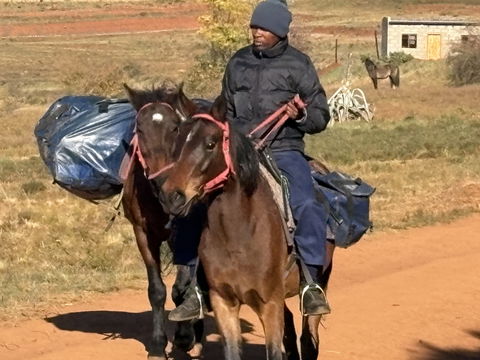

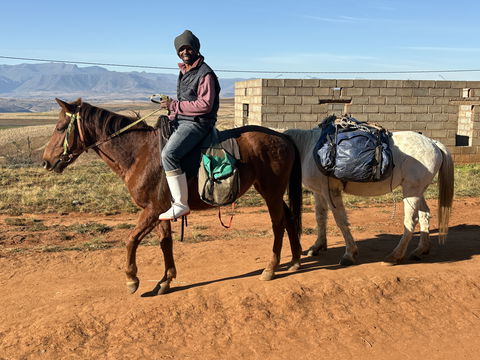
Share This Page